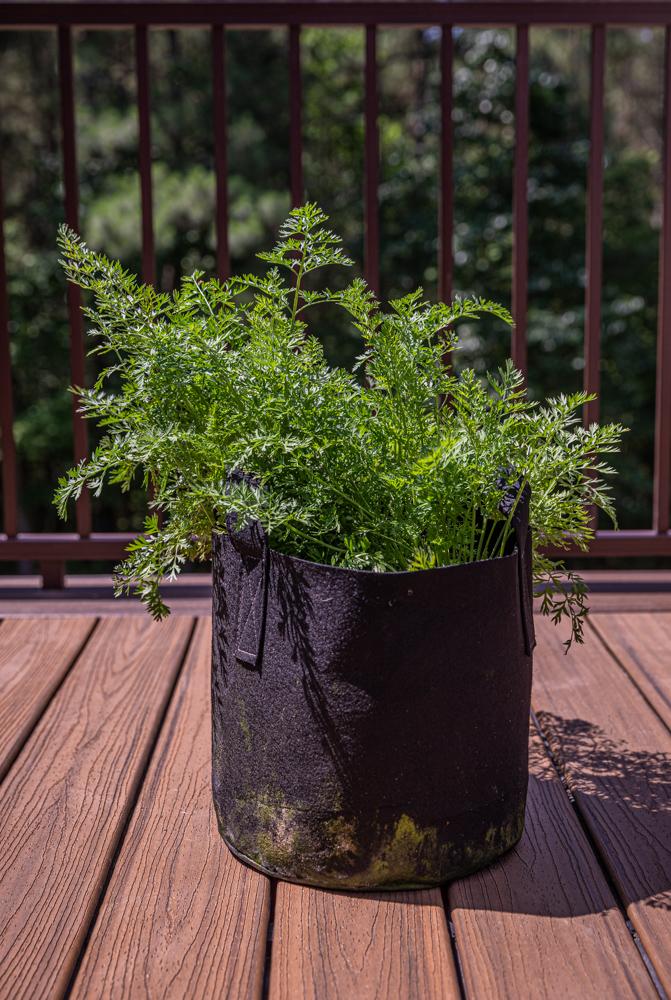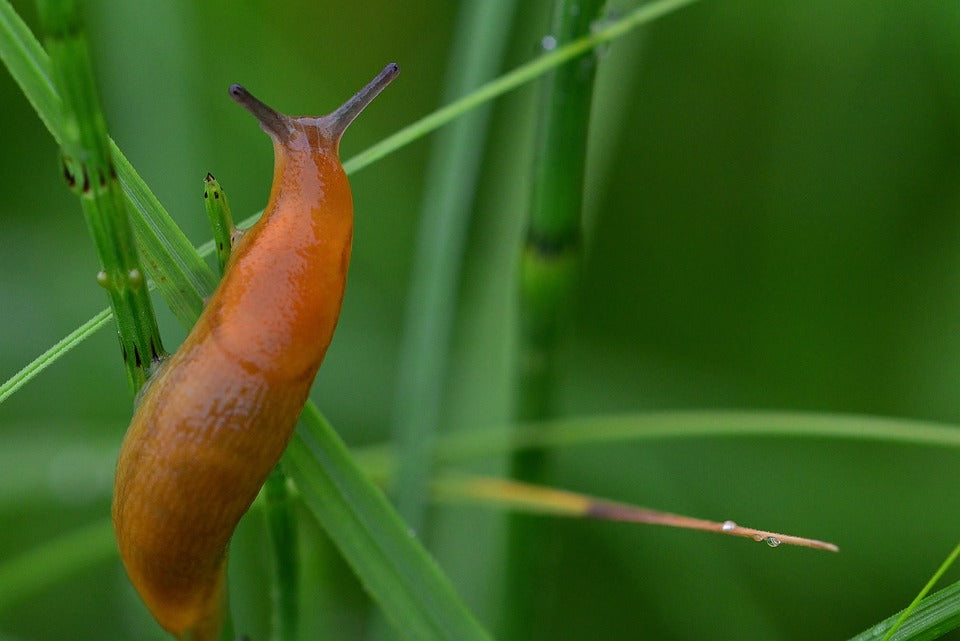
At Gardzen, we’re always happy to hear from you—about how your gardens are going, about how you like our products, and about any questions you may have. This week, we heard from a community member with a really interesting question about their container garden:
I bought 20 of the 10 gallon bags on Amazon to grow tomatoes in. They are doing great except for one thing, SLUGS!! I didn't think they would crawl up the bag with it kinda being rough texture, but they are. We have them sitting on river rock, the whole back yard is rock with fabric underneath. Is there any thing I can put on the bags to stop them? Thank you, Susan
First of all—many thanks to Susan for her question! Slugs are a common problem in gardens—they love to eat plants of all kinds, but especially greens and veggies. It sounds like Susan has already taken two good steps in controlling slugs and other garden pests—having a container garden on a rock or gravel portion of the yard helps keep pests of all sorts away, as does having landscaping fabric underneath your gravel, rocks, or mulch. The textured fabric of our containers also helps deter many pests, but it sounds like her yard is home to some really persistent slugs! So, what other options are there for getting rid of slugs in your garden? As it turns out, quite a few and they might be useful to many of us. Let’s dig in!

Let’s start with a warning: while salt does kill slugs and snails, it’s not a particularly nice thing to do and more importantly salt is bad for the soil in your garden. Most plants will die in salty soil, so keep salt away from your garden as much as possible!
So what else can we do to get rid of slugs in our gardens? As Susan correctly points out, slugs don’t like rough surfaces, which damage their soft slimy bodies and will drive them away. For a low cost solution, spreading used coffee grounds or crushed-up eggshells around your plants and around containers can help keep slugs away. If you can safely lift your containers and put the coffee grounds or eggshells under them it may help too.
Slugs and snails have an interesting reaction to copper—contact with that metal gives them a painful, shocking sensation that repels them without killing them. As a human, sustainable solution, many garden stores offer flat strips of copper or copper tape, which you can wrap around your containers. This creates a barrier that slugs will try to avoid, thus helping to keep them away from your plants. It’s easy to apply and works all season long, unlike the eggshell/coffee grounds trick which requires regular reapplication.

Another relatively affordable option is the beer trick, which has been reliably used by gardeners for generations to get rid of slugs. Burying a relatively deep container in the ground and fill it with beer. Slugs love beer and will attempt to reach it but they’ll drown in the relatively deep liquid. Coffee cans, yogurt/cottage cheese containers, or unused glass jars work well. And you can use cheap beer—slugs don’t appreciate the high-end stuff! Empty the traps and refill them regularly and you’ll quickly get a handle on your slug issues.
Aside from all of these solutions, it’s also good to follow the basics of pest control in the garden: keep debris cleared away (including inside your containers!) and eliminate spaces where slugs can nest. Inspect your plants and containers regularly to make sure pests aren’t hiding there, as well. And give yourself some grace—having critters eating your plants means that your plants are part of the ecosystem around them. This is a thing to be managed, for sure, but nothing to be feared. It’s all part of the journey that is gardening.
If you have any additional ideas or tips for getting ride of slugs in the garden, let us know! We’re always happy to hear from you with garden tips, questions, or ideas. And Susan—please let us know how things turn out and if these tips work for you!

Leave a comment